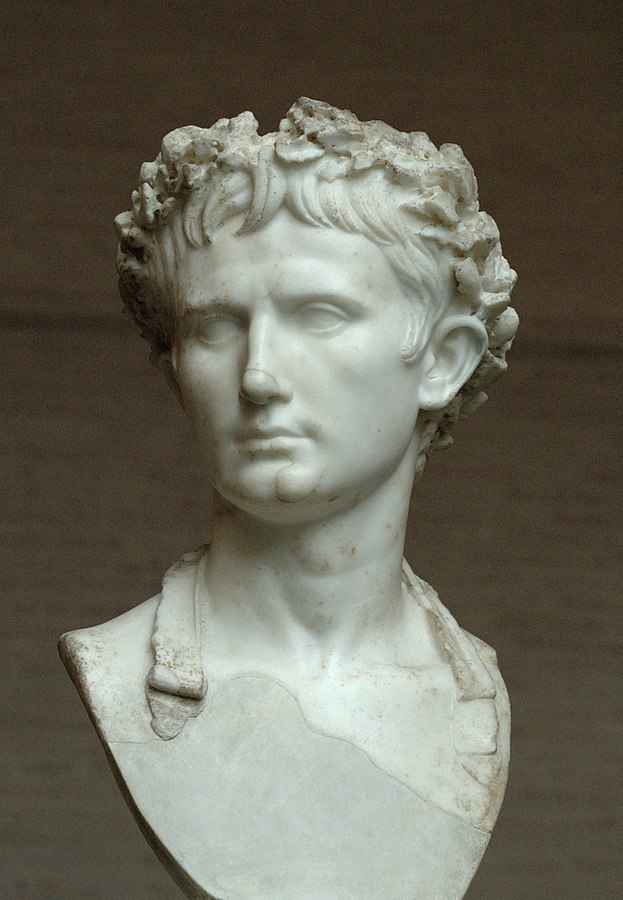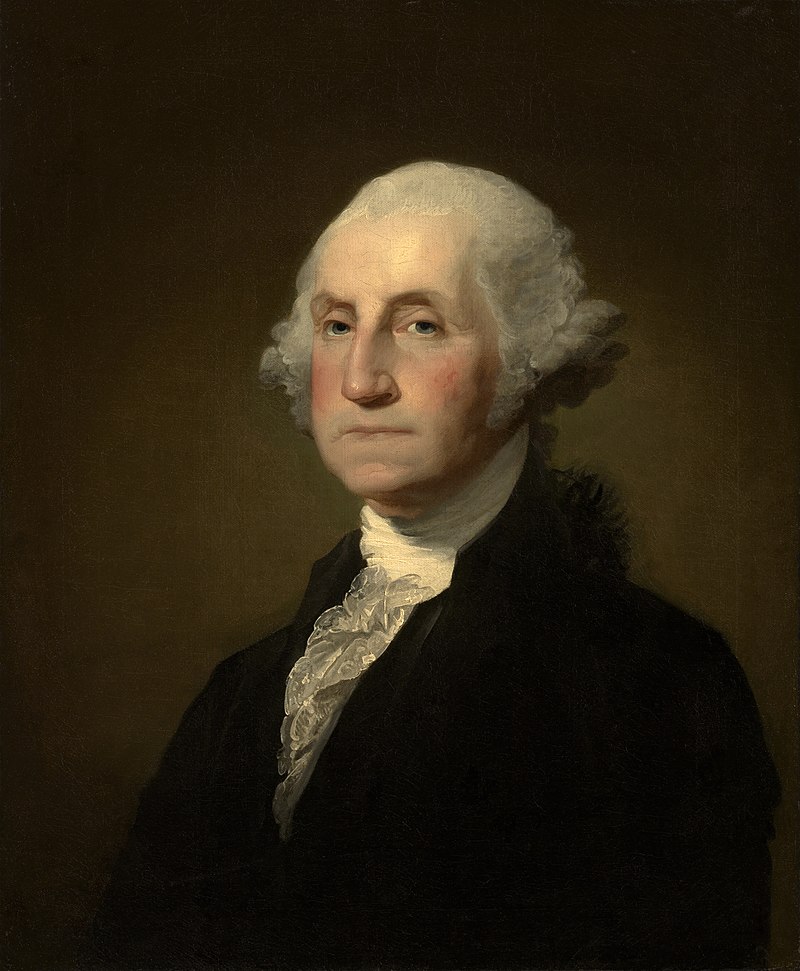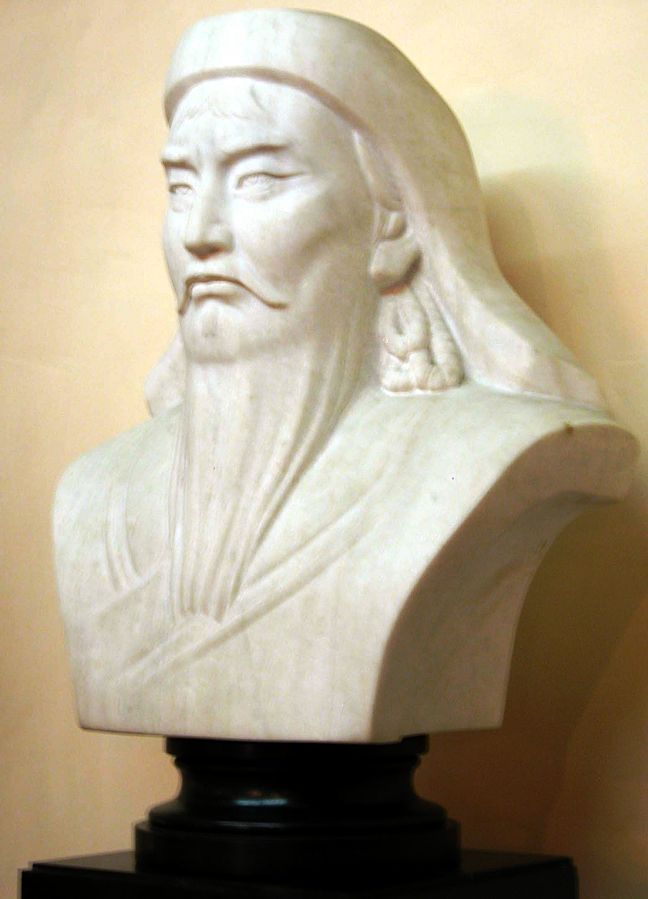The Greatest Rulers in History Were Strategically Frugal
Surprise, surprise, the finance nerd is a history one too. Those two worlds came clashing together when I thought to ask the question “How did past leaders deal with personal finance? Were there any frugal rulers out there?”
Granted, it’s a little hard to determine what your personal approach to money is when you’re a frugal ruler. Your every behavior is intrinsically tied with your country on the highest level possible, with every decision impacting the lives of millions under your care. Because of the sheer importance, there’s a lot more scholarship dedicated to economic policies than there is to how rulers spent their personal paychecks. We only know more about those rulers who were not great, because their personal budgets were so atrociously spendy that it negatively influenced the course of history.
Imagine that: if you don’t control your spending, you could incite an entire population to fury and revolt. Against you and everything you stand for. Yikes.
So I picked about five of the greatest rulers in history, specifically five who were both successful rulers and who also have records about their personal approach to wealth. They’ve clearly found success in fields much harder than finance will ever be, and you can emulate their strategies today in your climb to wealth.
Abe Lincoln

Of course I have to talk about my favorite President. My man Lincoln SAVED THE FREAKING COUNTRY from utterly destroying itself. And he did it without being born with a silver spoon in his mouth or attending the most prestigious schools around.
Yes, his origins are even more poignant: he’s from rural poverty. Born in a log cabin with dirt floors, dude went from that straight to becoming a fancy lawyer with a big house and servants to boot. Without going to college and all self-educated, I might add. And then Lincoln used that stubbornness to make his way up to the Presidency, where he was given one of the most impossible tenures in all of US history. He accomplished everything he did while dealing with state splintering, a backwards economy, abolishing slavery, and clinical depression. Lincoln will forever be THE MAN of the nineteenth century.
You know what else earned him that moniker? His saving habits that make me freaking swoon. According to historians, Lincoln entered the White House with an estate of $15,000 (which is roughly $460k in today’s dollars) and passed away with an estate worth $90,000 (which today would be $2.7 million). That means he saved $75,000 in his four years as President on a $25,000 salary. Which is a 75% savings rate. Which includes sending his kid to college and law school.

I mean, being Midwest born-and-raised I already held Lincoln up high. Learning about his frugality gives me a whole new level of respect both for the President himself and for the practice of financial discipline. He is the most frugal of frugal rulers and is the greatest President of all time.
How you can use his strategies
If Abe Lincoln can save 75% of his pay during the Civil Freaking War, we can save at least a little in the modern era. Libraries offer scads of free entertainment and home cooking brings your food bills way down, if you’re looking at moving to a more frugal lifestyle. Take it from me, it’s all about taking advantage of what’s around you. From free events to thoughtful grocery spending, you’ve got a lot of options for upping your savings rate.
Akbar the Great

Man, I wish I learned about him in school. This is the ruler that dominated India in the late 1500s and laid the groundwork for making it a rich and multicultural society. Out of all the frugal rulers on this list Akbar was the kindest, focused on having everyone living peacefully with each other and with access to education.
He controlled lands from modern-day Afghanistan to encompass almost all of the Indian subcontinent; that also included some of the richest territories of that era. Interestingly, having dyslexia didn’t stop him from amassing a massive library or launching a huge focus on literature. Never actually learning to read or write didn’t stop him, either. Akbar gained his massive amount of power through brilliant strategy, both via military campaigns and through more diplomatic measures.
Here’s just one cool example: his empire rivaled the Ottomans and he wanted more folks dependent on him instead of them. Akbar could’ve taken the aggressive approach and forced them into submission; he could have also taken the passive-aggressive approach and talk up how it’d be really great if you didn’t get on his bad side. Instead, he took the frugal-rulers route and showed them he was the better option through acts of kindness and piety. This included making treks to the Hajj, funding the pilgrimages of several impoverished, and outright exempting them from taxes if they were going for religious purposes. This did not go unnoticed, and local trade shifted decisively to Akbar’s favor.
How you can use his strategies
The devil is in the details, as is the best parts of life. Use the little things, like updating your LinkedIn profile, to leverage yourself into bigger and better positions. Besides increasing your income, the little-things approach also work well in lowering your expenses. See if there’s any small expenses that don’t make too much difference if they’re gone from the budget. Stacking pennies becomes stacking dollars becomes stacking six figures. And doing both can make you hit those six figures in five years or less.
Emperor Augustus

If you thought today’s wealth disparity is the worst, compare it with ancient Rome. Our highest-paid athletes have net worths in the hundreds of millions; their highest-paid had $15 BILLION. If that’s how much a dude can get by being a charioteer, imagine how much money the guys in charge had.
Actually, don’t imagine. We have that information on hand for Augustus Caesar, the first Roman emperor who succeeded Julius Caesar after his assassination. Adjusted for today’s numbers, the man had Trillions of dollars in personal wealth with a capital T. He got all of that money by being an administrative wizard, implementing a ton of reforms via Pax Romana to make his empire very stable and very profitable. He also had a wealth of shortcomings (as if being an ancient dictator wasn’t enough of one for you) but is still undeniably one of the most important rulers in history.
It may come as a surprise to you that he didn’t really care about flaunting that wealth. Yes, the first Roman emperor ever was also one of our frugal rulers. Augustus snubbed the more decadent tastes of his peers and predecessors – he “had no interest in personal luxury” and “cared nothing for personal adornment”. For someone who was literally the Egyptian pharaoh succeeding Cleopatra, that’s a shocking stance.
How you can use his strategies
Augustus clearly cared less about the appearance of wealth than having actual wealth. You should definitely do the same, as debt-free riches gives you a serious amount of power. You don’t even have to look like a shlub to reach for this – just get your fancy clothes from a good thrift store, or source your furniture with a critical eye.
George Washington

Oh man, do I love reading about George Washington. Fun fact: a big reason he was appointed General of the colony armies was because he was the only one at Congress in a military uniform. Because he had anxiety before it was cool, he also ended up running away as soon as his name came up for a vote. His funky personality of hard work, love of honor, and being painfully socially awkward makes him all the more fascinating to study. Doesn’t make up for being a slaveholder, it has to be said.
If Washington was around today, I’m positive he’d be pulling multiple streams of income; that’s what he did when we were still British. As a landowner he grew tobacco like many others, but he also grew wheat, rented out his land, and rented out the docks he had on the Chesapeake. This diversification saved him a lot of headache when tobacco prices tumbled in the 1760s; if Washington relied solely on that income he would’ve been in some hot water. Instead, he kept right on keeping himself afloat while that investment grew worse and worse.
Contrast that with his creep counterpart Thomas Jefferson, who did not diversify and pretended everything was fine while the tobacco market was literally on fire. One of them fell miserably into a lot of debt, and it wasn’t Washington.
How you can use his strategies
Start off with index fund investing, which has automatic diversity built into its market makeup. That’s my current strategy that, besides a small percentage of bonds, is my only investing go-to. If you have the time and energy for building businesses, that could become another lucrative avenue for reaching wealth. Johnny FD has built fourteen streams of income to fund his worldwide travel, which might give you some ideas for your own money moves.
Genghis Khan

You’d think that a European empire would claim the record for “biggest contiguous empire in history,” but nope. That record goes to the Mongol Empire and its founder, Genghis Khan. Like Augustus he’s another very controversial figure in history; also like Augustus he’s one of the richest people in history, right up there with Bill Gates and Rockefeller. Makes sense, given his control over basically the entire Silk Road. The frequent raids taking other kingdoms’ possession didn’t hurt, either. It got to the point he had his many wives managing their own camps separate from his own (huge in medieval Mongolia).
Most importantly/impressively, he made sure to share the wealth. Soldiers could grow very wealthy under him thanks to war spoils. If you decided to go into a medical or educational field instead, you still got a slice – Genghis Khan gave out tax exemptions to doctors and teachers. What’s really nice was his commitment to meritocracy: your skills and ability would be what take you far, no matter who your parents are or where you come from.
How you can use his strategies
First off, don’t run away to the steppes and go about slaughtering those that defy you. You should instead share the guac you get so others can join you in the climb to riches. Their relationships are absolutely priceless, and no amount of money will allay the difference good friends make.
What other frugal rulers have some impressive financial savvy? Anyone else I should add to this list?


That was a great idea and a very entertaining read! I also am a big fan of personal finance and history, and this made for a great post. I like the “how you can use their strategies” part!
Lincoln is also my favorite of the presidents. Quite an impressive wealth accumulation and I doubt he lined his pockets in a similar way today’s politicians do by selling out their communities.
Washington is also a great example of how diversifying your income can save you when an unexpected (Coronavirus) event happens. Diversification is key to being able to weather any storms that arrive at your doorstep.
I think I may refer to my strategy as the Abe Agustus Washington method. Or maybe I’ll name my next son that?
Lol, great read guac!
Thanks so much! As badass as that name is, you should also consider naming your next son Darcy. No particular reason…
And that’s a perfect take on why diversification is so important – nobody can see the future, so there really is no such thing as a long-term guarantee. Diversifying is the closest thing we have to get anything “guaranteed,” including a positive investment return. Looking forward to seeing you around more!
Thanks for one’s marvelous posting! I really enjoyed
reading it, you can be a great author.I will be sure to bookmark your blog and may come back someday.
I want to encourage you to definitely continue your great writing, have a nice evening!